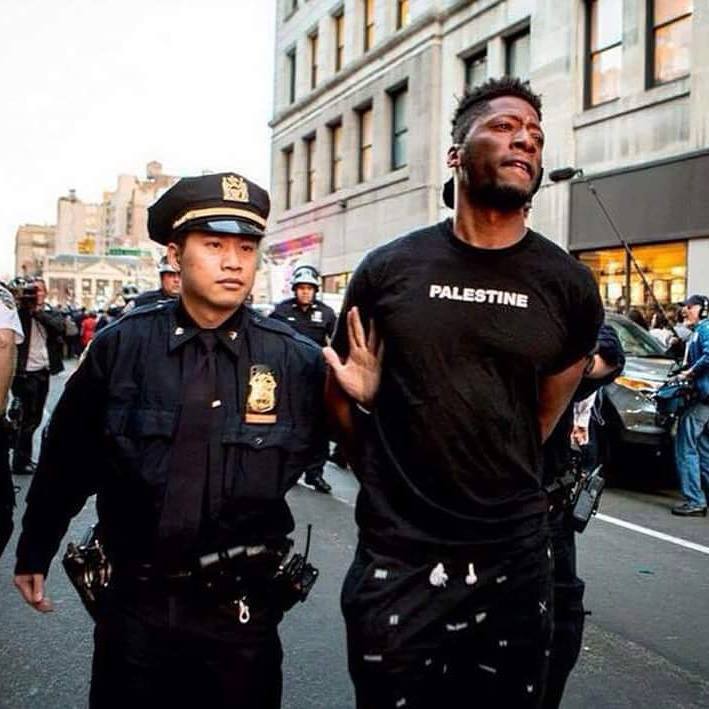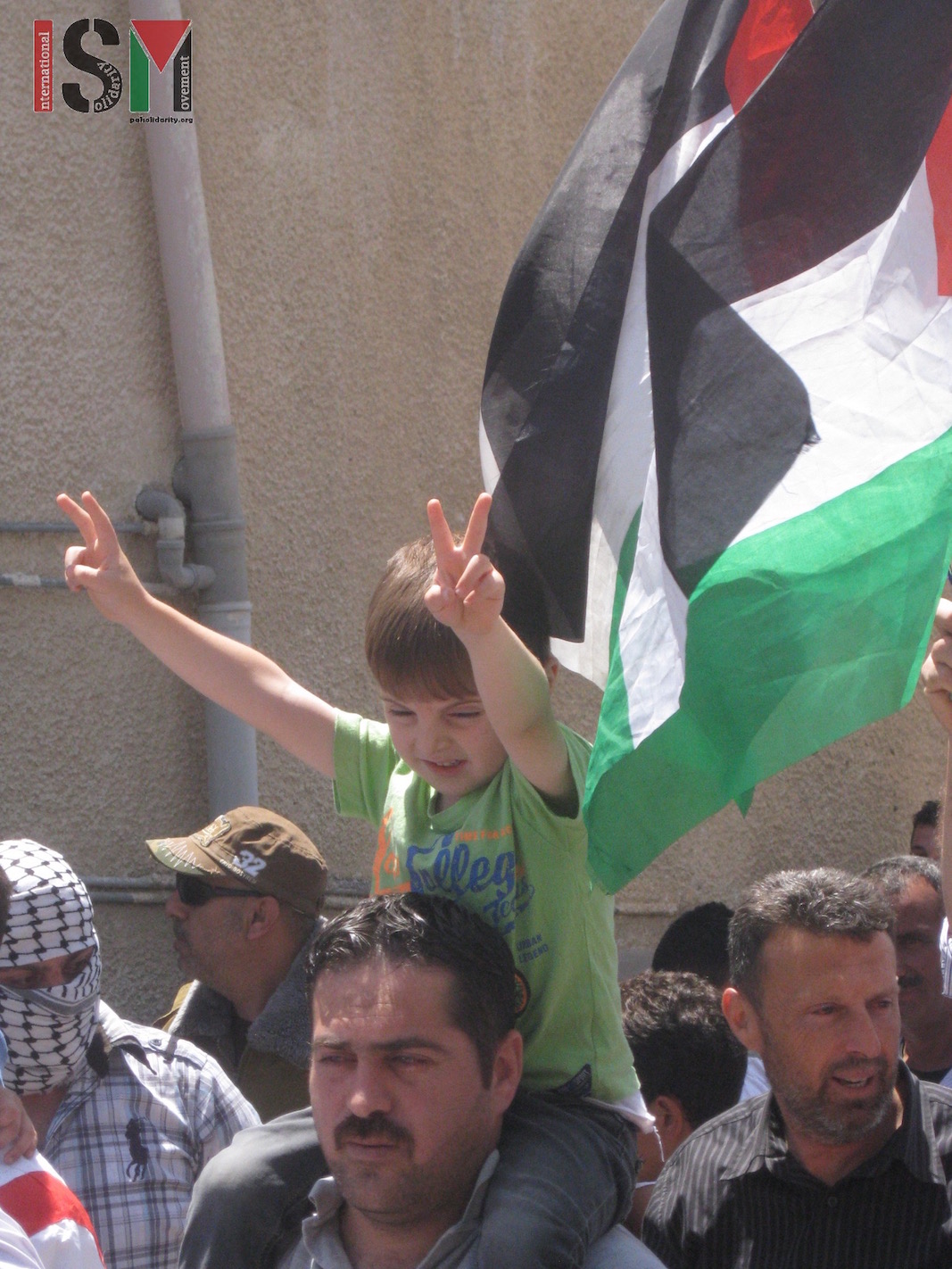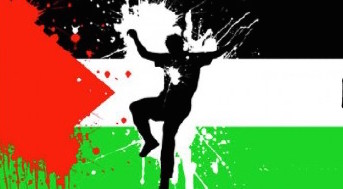Author: ISM Media
-
Solidarity from Palestine to Baltimore
1st May 2015 | International Solidarity Movement | Occupied Palestine We, Palestinians struggling against Israeli Apartheid, stand in solidarity with the residents of Baltimore. We send our condolences to the family of Freddie Gray and all those murdered in police custody. We add our voices to the demand that the killers be held accountable. We send…
-
UN affects Kafr Qaddum’s demonstration
1st May 2015 | International Solidarity Movement, Huwwara Team | Kafr Qaddum, Occupied Palestine Today’s demonstration in Kafr Qaddum was met with live ammunition, rubber coated steal bullets, teargas and stun grenades. There was a large presence of Palestinian and international protestors. The Israeli forces shot two young men in the leg. UN observers were present. Before prayer…
-
Organisers of Pilsen 2015, don’t host Days of Jerusalem festival
30th April 2015 | International Solidarity Movement – support group | Czech Republic Prominent figures of Czech political and public life call on the organizers of Pilsen 2015 to step down as hosts of the Days of Jerusalem festival. The Days of Jerusalem festival is taking place in the city of Pilsen as part of the European Capital…



